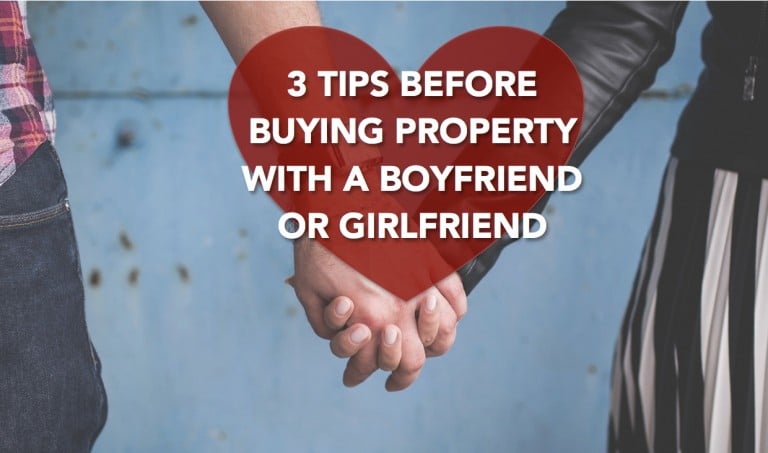

Updated on August 22, 2023
Are you in a committed relationship and considering taking the exciting step of buying a house with boyfriend or girlfriend in California? Purchasing a home together as an unmarried couple can be a thrilling adventure, filled with dreams of creating a shared space to call your own.
However, before you embark on this journey, there are several things to consider when buying a house to ensure a smooth and successful home buying process. This guide will take you through all the essential elements involved in co-owning a house with someone you are not married to. Let’s explore the intricacies of buying a home as an unmarried couple, and equip you with the knowledge and tools needed to make informed decisions for your joint future.
One of the most common fact patterns we see in our real estate litigation practice is an ex-boyfriend, ex-girlfriend, ex-fiancée, or ex partner who purchased property as unmarried couples and then broke up with their relationship partner. The relationship break up also typically means that there has to be a break up with respect to the jointly owned property. Here are a few things to consider before buying property with a significant other:
We suggest discussing this ahead of time. Make sure to write down an agreement that both parties sign that governs the co-tenancy relationship.
See number 1 above. In reality, we recommend that parties enter into an agreement of co-tenants where you can discuss things like whether either party can force a sale (has an unqualified right to partition) or whether there is going to be a waiver of partition rights. The parties can agree to terms like a right of first refusal, a period of time during which the property cannot be sold, or even a mechanism for sale or a buy out.
Our real estate attorneys have extensive experience with real estate break ups where one party is not even on title. This becomes tricky. Usually, what happens in these situations is one party agrees to go on title because they have better credit but the other party contributes equally to the purchase of the property. Years or months later the parties end their relationship and the party who is on title tries to squeeze out the other party by denying their ownership interest and often times even attempting to evict them with an unlawful detainer.
We recommend both parties be on title – but if not, see number 1, above, and sign an agreement.
Our California Real Estate Attorneys frequently deal with the real estate fall out from failed relationships where the asset of the relationship is real estate. For more information or to inquire about a free consultation contact us today at (310) 954-1877, [email protected].
by Zachary D. Schorr, Esq.